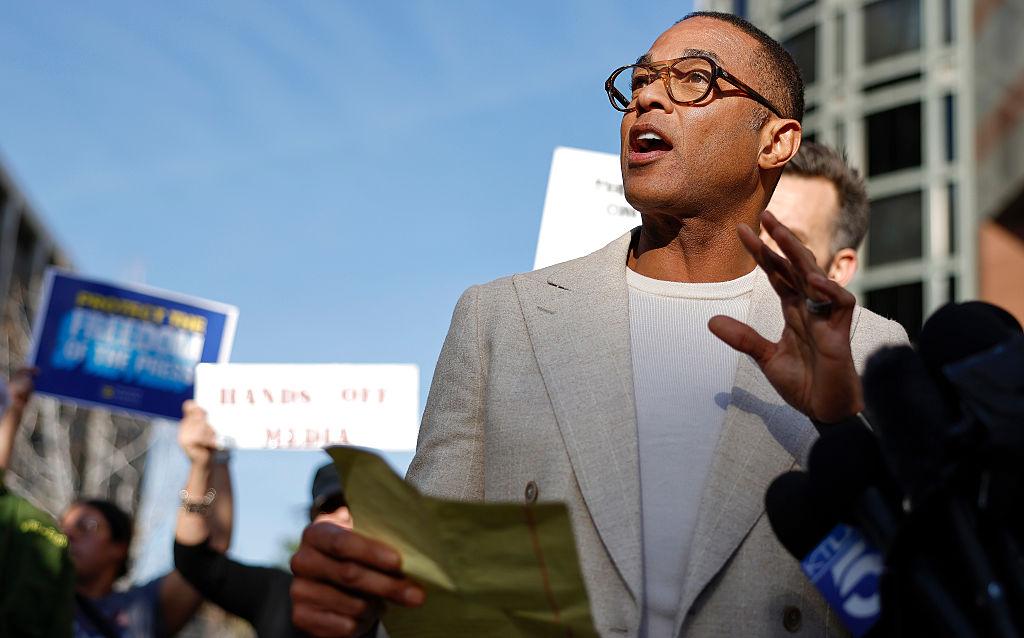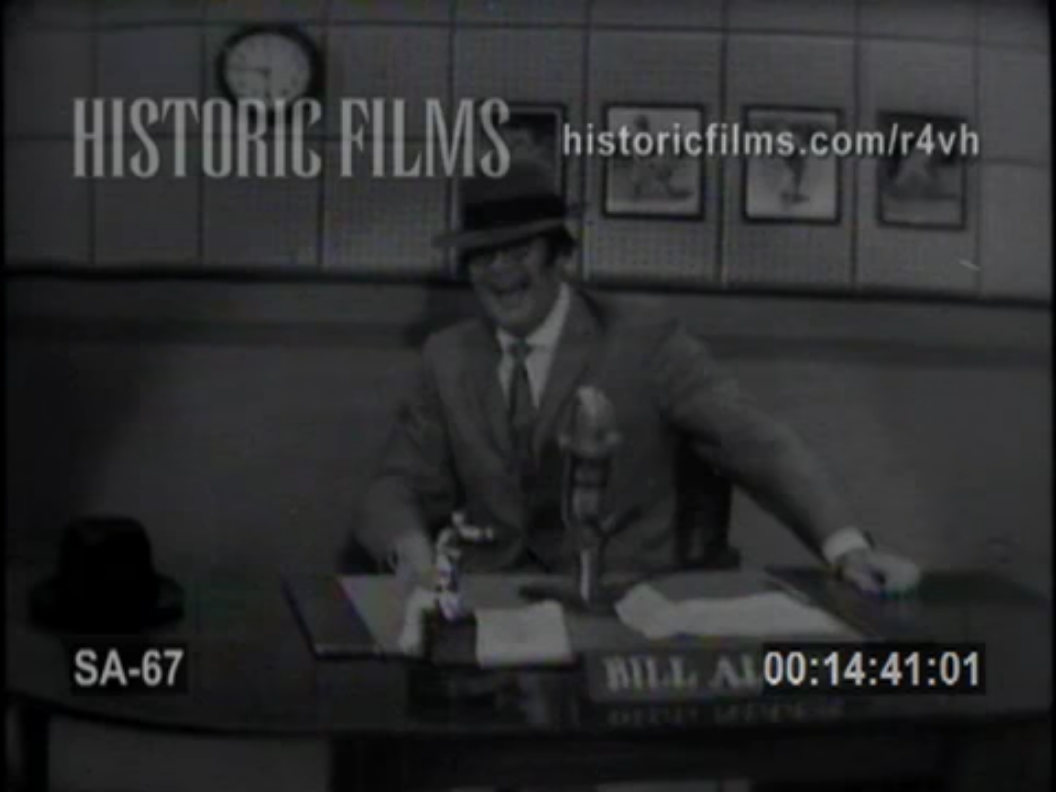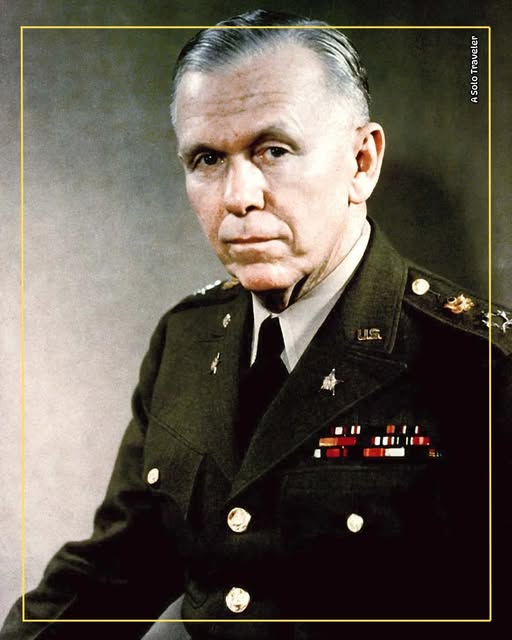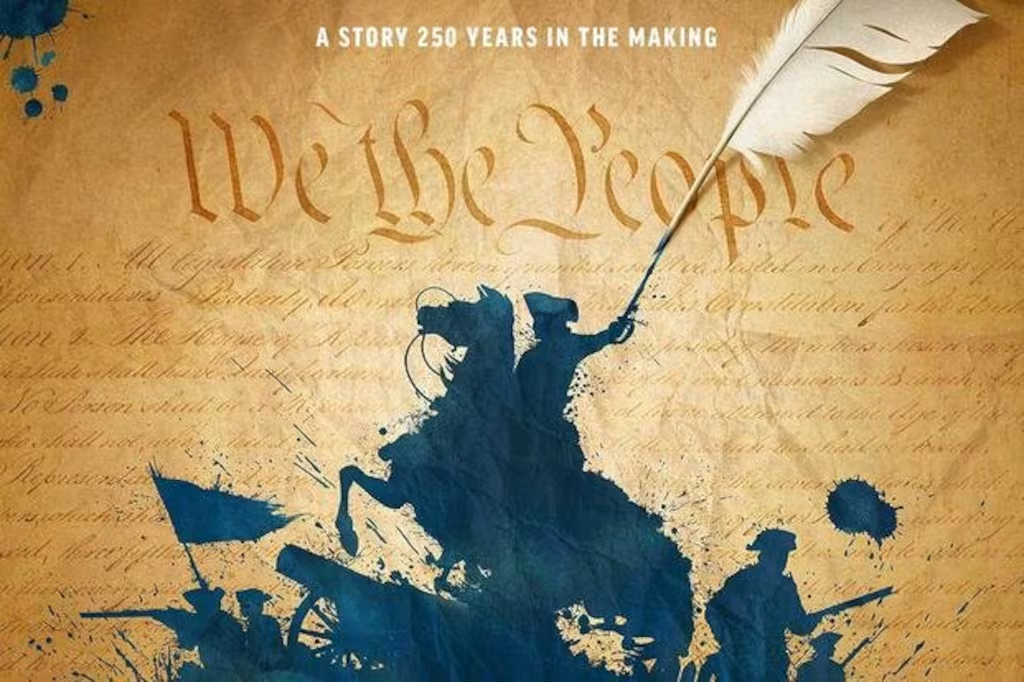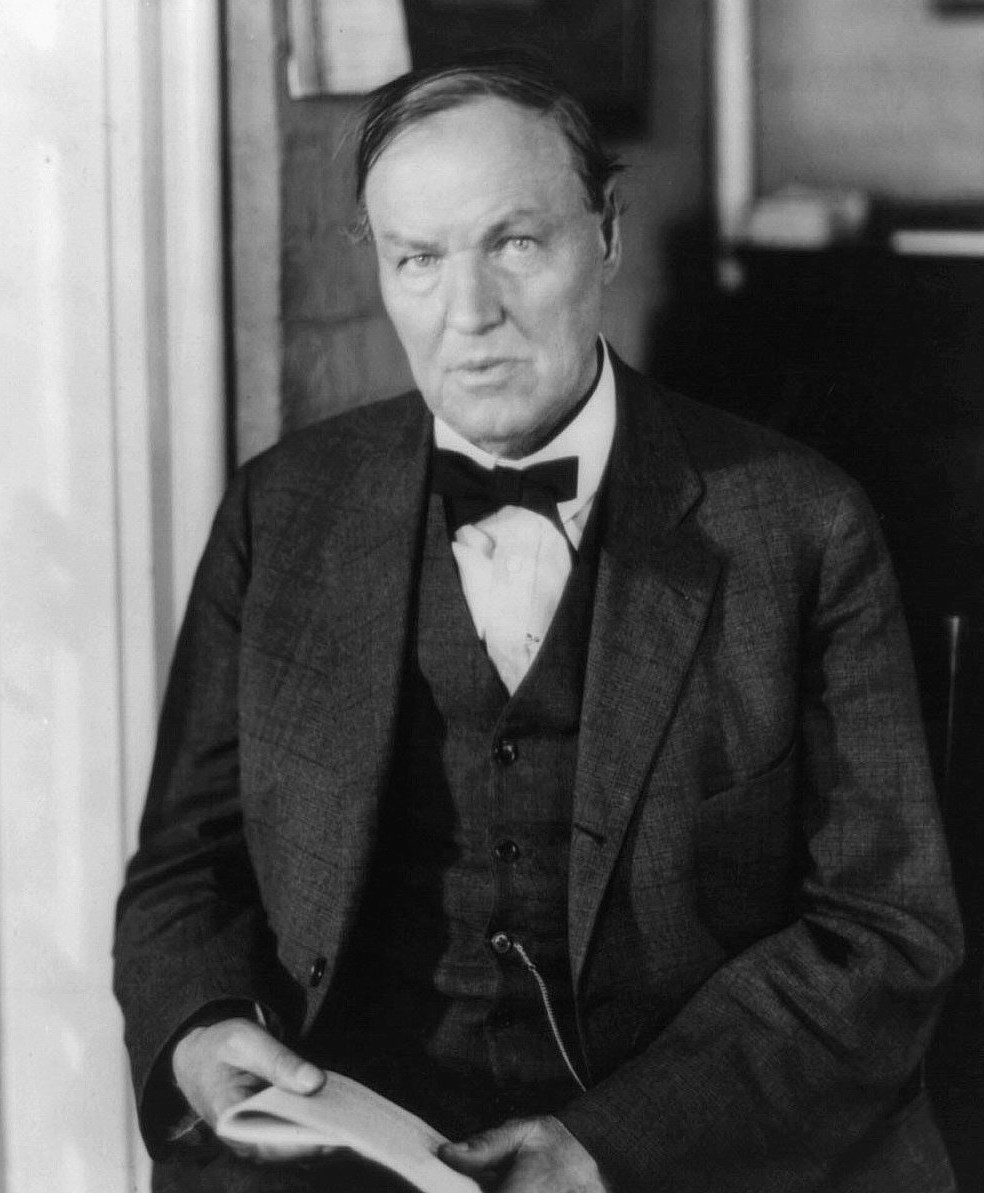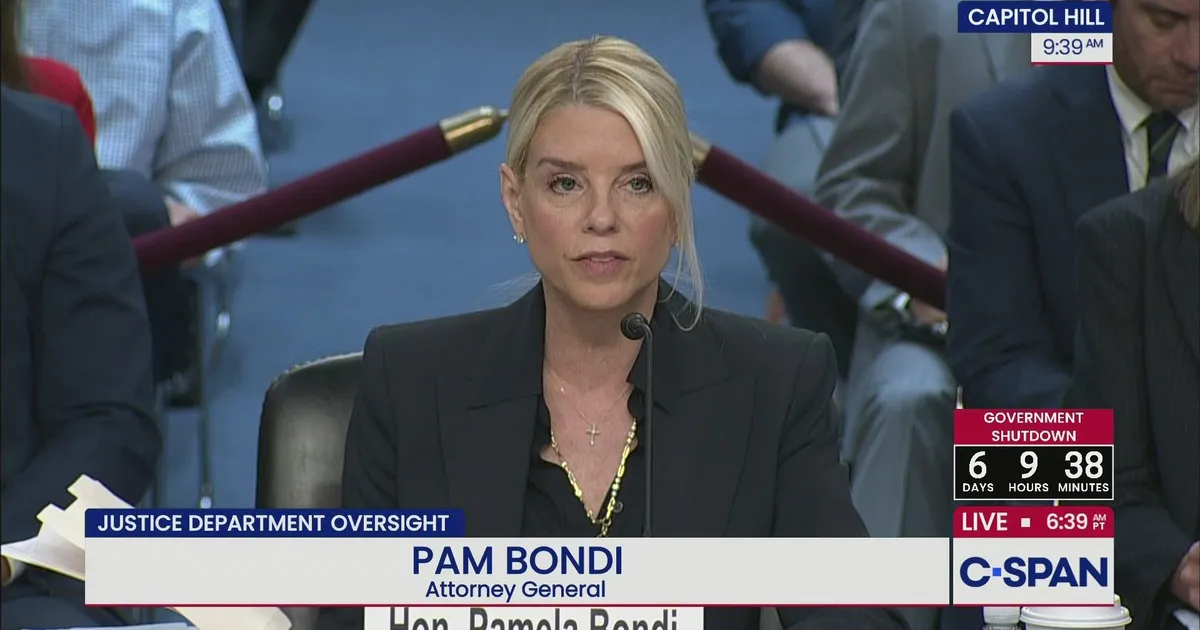Charlie Rose is perhaps the best in-depth inquisitor in media today.

The Emmy award winning journalist is not only the host of his own nightly PBS program where he interviews America’s best writers, business leaders, politicians, athletes, entertainers, innovators and thinkers, he is my go-to newsman/anchor at CBS This Morning. Rose likes to observe or ask, “What does it mean,” questions; questions that go beyond the immediate. In an interview with actor/comedian Bill Murray, Rose observed, “Your life isn’t a carefully thought out, well-planned life.”
Murray replied: “What a nice way of saying that. I’ve never heard anyone be so compassionate towards me. I live a little bit on the seat of my pants. I try to be alert and available. I try to be available for life to happen to me. We’re in this life, and if you’re not available, the sort of ordinary time goes past and you didn’t live it. But if you’re available, life gets huge. You’re really living it.”
Thanks to Rose, this is the first time I ever had a glimpse, a real glimpse into the life of a man who is perhaps, best known for his wackiness.
Rose was honored recently at Georgetown University. In a commencement speech to the class of 2015, after describing all the progress that has taken place, he points out just what is important.
“The common denominator in all of this is the velocity of change. And yet, in this world today, where so much is new, so much is old. Just last week, thousands died in Nepal from an earthquake. And historic, violent conflict continues as it has for centuries at the same time finding even more barbaric and visible ends. Omnipresent cameras with all kinds of smart phones make this the age of transparency, again, for good or bad.
“It is a hugely interesting time to go out into the world if the economy gives you a place to stand, and it should, and you will make us all really proud but what you can do, and find your place to deal with all these complex issues. My generation has made significant contributions, but we have not done as well as we should. We have not found political solutions to war. We have not found the political will to stop destroying the planet. So, you have your work cut out for you.
“My generation cannot recapture a time, but we can share experiences. And I’ll tell you, this afternoon, with a lifetime of questions, listening to the stories of everyone from the playing field to the battlefield; I come as one who plays a role in the conversation of America. … It is stories that I seek there. Sometime they’re men and women of great achievement and fame, but also, often, we pay too much attention to fame. Many times, I see remarkable responses by people who, in small acts, without applause, do good things because of the character within them.
“Fame is not their goal. Service is their goal.
“I see inspired moments of courage from individuals who simply did the right thing, because they were called in a demanding moment. It never occurred to them to do anything else. Fame was not their goal. Duty was.
“Since ten is the magic number for lists, just one of the many things that David Letterman has given us on television in 33 years, I have a top ten list of the fundamental lessons that I’ve taken from all those stories, from all those guests:
“Know yourself. Know who you are. Know your values. Know your strengthens and weaknesses, and know what you love, what you really love, and make that your passion.
“You define yourself. Accept no limitations on your dreams. Accept no limits because of race or gender or national origin. …
“Know something larger than yourself. Lose yourself in greater good, as parents find themselves doing with their children, or soldiers do on the battlefield.
“Find places and ideas where you can lessen suffering and enhance knowledge.
“Make your life your story. You are the actor, the director and the star. As the Nobel Laureate and Irish poet Seamus Heaney said, ‘All the directions have to be personal discoveries rather than prescribed routes. They are to be improved rather than copied. They are to be invented rather than be initiated. They are to be risked and earned, rather than be bought.’ ”
“Take action. Take action. Make choices. Oliver Wendell Holmes once said, ‘To reach the port of heaven, we must sail sometimes with the wind, sometimes against the wind, but always sail and not drift, nor lie at anchor.’
“Work matters. No one has ever come up to me, in an interview, and sat across the table from me and said, ‘The reason I am here, the reason I am at this table is because I was smarter or anything else. What I’ve achieved is because I worked harder than anybody else, because I wanted it and cared more about it.’
“Failure will happen to you. Make it your teacher and your motivator.
“And be accountable. Don’t be afraid to say to yourself and others, ‘I failed.’ Don’t be afraid to say, ‘I’m sorry.’ …
The two principles that I carry with me most today are these:
“Think ahead to the end of your life, and think about what you would like to be remembered for at the end of your life. It’s not honor. It’s not prestige. It is character. It is integrity. It’s truth. It is doing the right thing. It’s hard to imagine or think about that when you’re 22. It’s easy when you’re 73.
“David Brooks, in his new book, The Path to Character, says, ‘It’s the difference between your resume and your eulogy. It’s the difference between ambition and service.’
“Second, I hope all of you will live deeply in the moment. See, hear, feel, touch, breathe deep of life. Bill Murray, the actor and comedian told me in an interview once, ‘The secret for me is to be alert and available.’
“Be in the arena, now. If you have a bucket list, start now. …
“Tom Brokaw, on a recent show, said to me, ‘It’s a mistake not to go. You don’t know what’s around the corner or the curve. One day, all is well. The next, all is gone. Engage, now.’
“A friend of mine was the great editor Bill Buckley, now deceased. He would always say to me, ‘Let’s go sailing. Let’s come up to Connecticut and let’s go sailing.’
“And for whatever reason, for so many times, I said, ‘I have something else to do.’ And I didn’t go sailing with Bill. And then, one day I said, ‘Let’s go sailing, Bill.’ And he said, ‘I don’t sail anymore.’
“And I hadn’t acted in the moment. And I had been there for him. And I always regretted.
“Toni Morrison, the great Nobel Laureate, asked me to go with her to accept the award, and I had something else to do, and I didn’t go. I didn’t seize the moment, and I’ve regretted it for all my life.
“One day is a well in which you can drink so deeply in and find so much if you will just be alert and available to it. …”
Comments
